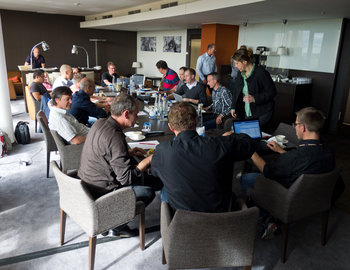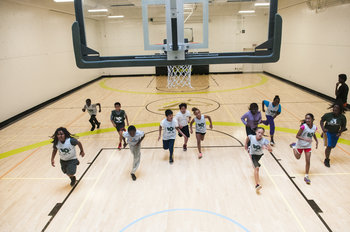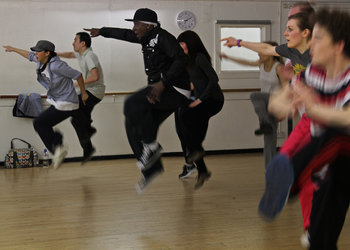Agent-Client | Auditors |
Board Members | Boss |
Clients | Coworkers |
Customer Service Representatives | Customers |
Direct Reports | Doctor-Patient |
Employee-Contractor | Executives-Employees |
Executives-Executives | Indirect Reports |
Industry Connections | Instructor-Student |
Internal Stakeholders | Investors |
Job Candidates | Lawyer-Client |
Manager-Contractor | Manager-Employee |
Media Representatives | Mentor-Protege |
Professor-Professor | Professor-Student |
Project Members | Project Stakeholders |
Prospective Customers | Recruiters |
Regulators / Government Representatives | Sales Representatives |
Supervisor-Employee | Suppliers |
Teacher-Parent | Teacher-Principle |
Teacher-Student | Teacher-Teacher |
Vendors | Work Friends |
Professional Norms
Professional norms apply to professional relationships. These may be very different from norms that apply to other types of social relationships, particularly personal relationships. For example, it may be considered unacceptable to talk about certain aspects of your personal life in front of customers.Relational Capital
Relational capital is a relationship that may have future value. For example, a salesperson who knows everyone in an industry such that they can easily initiate sales talks with prospective customers.Negative Relational Capital
In many cases, intensive office politics and other professional conflict or tension can generate negative relational capital. For example, an employee who has a bad experience working at your company who is then hired by one of your largest customers. This individual may be unlikely to support decisions to purchase more of your products such that your relationship with them could have negative value.| Overview: Professional Relationships | ||
Type | ||
Definition | A sustained series of social interactions between two or more people related to a profession, business or organizational role. | |
Related Concepts | ||



























